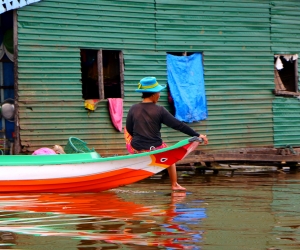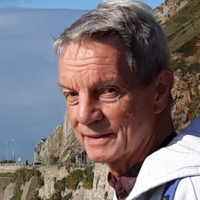Climate Change Planning and Budgeting
2017
UNDP, Cambodia
This assignment supported four ministries of the Government of Cambodia, with the objective of improving the efficiency and effectiveness of climate public expenditure and supporting the mobilisation of corresponding resources, as part of a three year programme agreed by the National Council for Sustainable Development, the Ministry of Environment and the Ministry of Economy and Finance.
Cambodia has consistently been ranked as one of the ten countries most vulnerable to climate change, and public expenditures on climate have been increasing. Due to the potential impacts of climate change on the Cambodian economy, it is essential that climate related expenditures be managed in the most efficient and effective way. As part of this programme, planning and budgeting processes are being reviewed and tools are being tested so as to reflect climate change in national planning and budgeting processes, and to take into account climate change in the prioritisation of public investments.
Mokoro Principal Consultant, Ray Purcell supported the Ministry of Public Works and Transport, and the Ministry of Water Resources and Meteorology in phase one (2016); and the Ministry of Public Works and the Ministry of Transport and Ministry of Rural Development in phase two (2017). He worked with the ministries to strengthen their capacities and skills to:
- Ensure that the climate change dimension is recognized explicitly in ministries’ budget submissions to the Ministry of Economy and Finance, and supported by cost-benefit analysis (and other evidence as required);
- Provide evidence to prioritize climate change budgets and projects and align them with national and sectoral climate policy objectives; and
- Provide guidance and recommendations to the Climate Change focal points and concerned departments in the ministries on integrated planning and budgeting related to climate change, as well as monitoring and evaluation of the impacts of expenditures related to climate change.
Ray worked with national colleague Kakada Dourng on this assignment.
Image by Juan Antonia Segal


